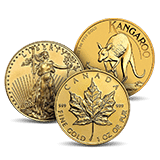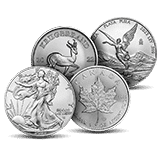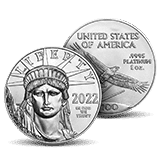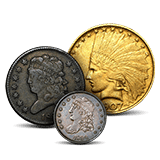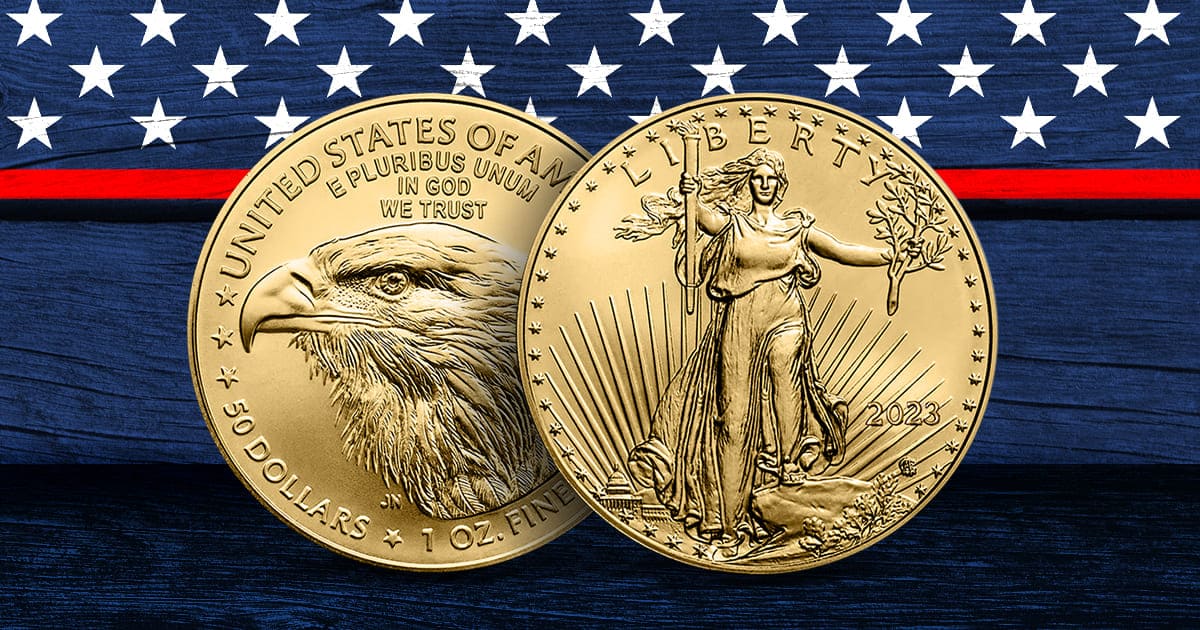
Will I Owe Taxes for Selling Gold?
Regarding federal taxes, the IRS considers gold a collectible item, and you are required to pay capital gains taxes when you sell gold for a profit. When you sell precious metals, it needs to be reported to the Federal government and your state government.
How Should I Report Capital Gains to the Federal Government?
To reconcile the gains and losses reported in Form 1099-D, you will use Form 8949. If you sold or bought using a broker or barter exchange, you would use the information reported to you via Form 1099-B.
How Much Taxes will I have to Pay in Federal Taxes?
If you have owned the gold for less than one year, you will pay a short-term capital gains tax when you sell gold. Depending on your taxable income, this can be as high as 37%.
If you have owned the gold for over a year, your gold products will be subject to a long-term capital gains tax when you sell. This tax rate ranges from zero to 28%, depending on your taxable income.
How Should I Report Capital Gains to My State Government?
Many states impose income taxes applicable to capital gains.
Some states, like Florida, Alaska, and Washington, do not have an income tax. If you live and sell in these states, you will not owe state capital gains taxes on your precious metal sales.
Other states, like Oregon, California, and New York, have higher income tax rates for capital gains.
Finally, states like Arkansas, North Dakota, Indiana, and Wisconsin offer lower rates or tax exemptions for specific capital gains.
To learn more about your specific state’s laws and rules on capital gains, please consult a financial adviser or tax specialist in your state. It is always advisable to consult a tax professional to help you better understand your tax obligations for both state and federal taxes.

